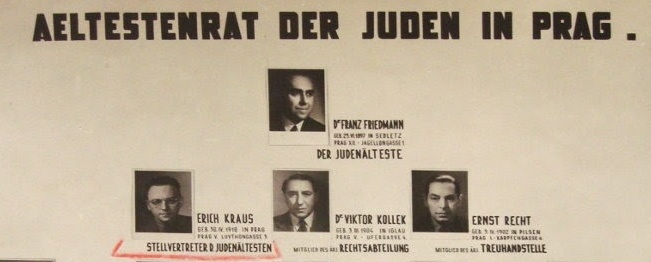
A lecture by Jan Láníček (University of New South Wales, Sydney) in the frame of the seminar on Modern Jewish History of the Institute of Contemporary History (AV ČR) and CEFRES in partnership with the Masaryk Institute (AV ČR).
Where: CEFRES library, Na Florenci 3, 110 00 Prague 1
When: April 10, 2018, 17:00
Language: English
Abstract
Shortly after the end of the war, European societies attempted to come to terms with the legacies of the genocides committed by Nazi Germany with the help of local collaborators. Judicial retribution played a key role in this societal reconciliation. Among those accused of previous collaboration was also a relatively small group of those considered Jewish or Roma by the Nazi regime. Former members of the Jewish self-administration and the so-called privileged camp prisoners faced a long list of allegations coming from their communities as well as the state prosecutors. The lecture will analyse selected retribution trials and show how the reconstituted minority societies coped with the cases of alleged collaborators among their midst
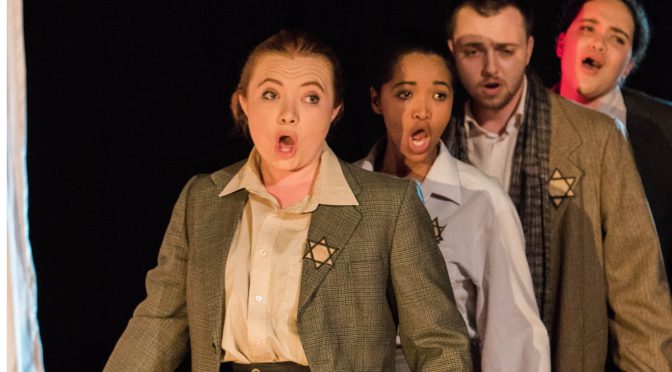
A lecture by Lisa Peschel (University of York) in the frame of the seminar on Modern Jewish History of the Institute of Contemporary History (AV ČR) and CEFRES in partnership with the Masaryk Institute (AV ČR).
Where: CEFRES library, Na Florenci 3, 110 00 Prague 1
When: March 27, 2018
Language: English
Abstract
 During the 40-month project Performing the Jewish Archive, we experimented with type of performance, which we called co-textual performance, to try to generate more intense audience engagement. That is, when we attempt to re-stage scripts written by Jewish authors during World War II, the historical context is one of the most important aspects of the plays. We argued that present-day spectators would be more engaged if they knew the historical background, but how to best present it? We proposed that performed scenes regarding the history, which would be presented as ‘co-texts’ – that is, incorporated into, and just as important as, the script itself – would be more effective than more traditional pre-show talks or program notes that treat the historical information as context. In this talk I describe how we created co-textual performances and how we tested their effect on the audience.
During the 40-month project Performing the Jewish Archive, we experimented with type of performance, which we called co-textual performance, to try to generate more intense audience engagement. That is, when we attempt to re-stage scripts written by Jewish authors during World War II, the historical context is one of the most important aspects of the plays. We argued that present-day spectators would be more engaged if they knew the historical background, but how to best present it? We proposed that performed scenes regarding the history, which would be presented as ‘co-texts’ – that is, incorporated into, and just as important as, the script itself – would be more effective than more traditional pre-show talks or program notes that treat the historical information as context. In this talk I describe how we created co-textual performances and how we tested their effect on the audience.
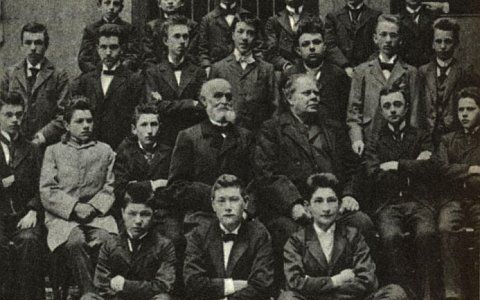
A lecture by Enrico Lucca (Simon Dubnow Institute, Leipzig) in the frame of the seminar on Modern Jewish History of the Institute of Contemporary History (AV ČR) and CEFRES in partnership with the Masaryk Institute (AV ČR).
Where: CEFRES library, Na Florenci 3, 110 00 Prague 1
When: from 5 pm to 6:30 pm
Language: English
Franz Kafka (1883-1924) and Hugo Bergman (1883-1975) have been classmates and very close friends until their first years of university. Yet, Bergman started to write on Kafka only very late in his life, dedicating to him a number of essays–both in Hebrew and in German–scattered in small journals and published in the last years of his life. By analyzing both the story and the vicissitudes of their friendship as well as Bergman’s later insights into Kafka’s work, the talk will try to get a sense of the meaning of Kafka and his figure in Bergman’s intellectual biography.
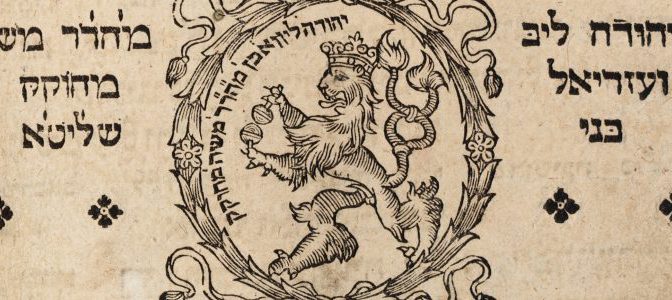
A lecture by Olga Sixtová (Charles University, Prague) in the frame of the seminar on Modern Jewish History of the Institute of Contemporary History (AV ČR) and CEFRES in partnership with the Masaryk Institute (AV ČR).
Where: Na Florenci 3, 110 00 Prague 1
When: from 5 pm to 6:30 pm
Language: English
What factors and who determined the literature to be published in early modern Jewish Prague? Like their readers, the publishers of Jewish literature (often not the same people as the printers) were “children of their time” and though they sometimes introduced new authors, new ideas, new genres or new knowledge, they always published what interested them and what they expected their readers to appreciate and buy. After all, though a “holy” business, publishing was first and foremost a business. But publishers and printers also had to accommodate the ideological positions of the chief rabbinate whose interventions in the publishing business become more visible upon closer study of the paratexts and sequence of the titles published over time.
The content of the vast majority of the books in this period is religious. The publishers expressly hoped to bestow the spiritual merit of the texts on the public and thus to accelerate Redemption. What remains individual is the choice of the text that was to contribute to this ultimate aim. Here, one can discern different inclinations among different publishers, diverse interests of various strata of Jewish society, and also changes in spiritual and intellectual trends throughout the period.
Read more about the colloquia!
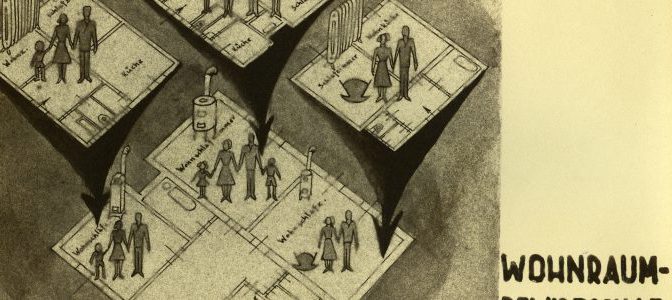
A lecture by Benjamin Frommer (Northwestern University, Evanston) in the frame of the seminar on Modern Jewish History of the Institute of Contemporary History (AV ČR) and CEFRES in partnership with the Masaryk Institute (AV ČR).
Where: CEFRES library, Na Florenci 3, 110 00 Prague 1
When: from 5 pm to 6:30 pm
Language: English
By the time the Jews of Bohemia and Moravia boarded transport trains for the Nazi ghettos in Theresienstadt and occupied Eastern Europe, many, if not most, of them had already been forced to leave their homes and even their home towns. Starting with flight from the occupied Sudetenland in the fall of 1938, the region’s Jews frequently and repeatedly moved over the following half decade. Sometimes they did so voluntarily in an attempt to facilitate emigration or to escape areas with particularly intense persecution. Increasingly, however, Jews found themselves subjected to orders of eviction and resettlement that aimed to make buildings, districts, and even whole towns /Judenfrei /in the name of Nazi policy and to address an alleged “housing crisis.” Scholars have focused on the seizure of the most valuable properties and their redistribution to Germans, but the proponents and beneficiaries of evictions and resettlement throughout the Protectorate included far more than just the occupiers. For the victims, forced migration contributed to their impoverishment and their isolation and, thus, to their ultimate deportation from the Protectorate altogether.
Read more about the colloquia!
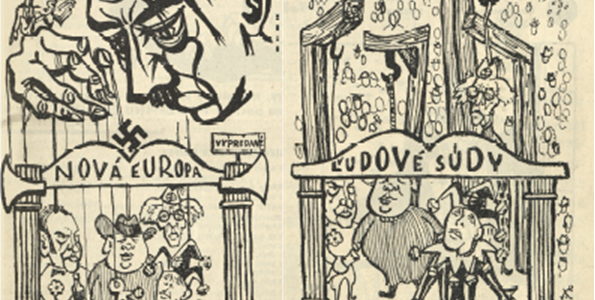
A lecture by Michala Lônčíková (Comenius University, Bratislava) in the frame of the seminar on Modern Jewish History of the Institute of Contemporary History (AV ČR) and CEFRES in partnership with the Masaryk Institute (AV ČR).
Where: CEFRES library, Na Florenci 3, 110 00 Prague 1
When: from 5 pm to 6:30 pm
Language: English
Similarly to other European countries that, immediately after the war, were facing the aftermath of German occupation and collaboration, a system of retributive justice was established in the restored Czechoslovakia as well. Even though anti-Jewish atrocities did not represent an exclusionary question in the lawsuits in the newly established People’s Courts, racially motivated crimes in general were covered in various paragraphs of the main retributive regulation, no. 33/1945 Sb. n. SNR. Analysing the trials of the main political representatives of the wartime Slovak State, which were held in the National Court, partly enables one to trace out the official anti-Jewish policy and its mechanisms at the state level. On the other hand, regional cases, which were in the jurisdiction of the District People’s Courts, also raise the question of the responsibility of local aggressors, co-perpetrators, and eye-witnesses amongst the Slovak majority. This microhistorical perspective is crucial for analysing the Jewish-Gentile relationships in their wider social context in the years of persecution and partly in its aftermath. Using the collections of the District People’s Court in Banská Bystrica, this presentation explores the struggle of Holocaust survivors in Slovakia for justice and the ways in which these crimes were judged in the early years after the Liberation.
Read more about the colloquia!







